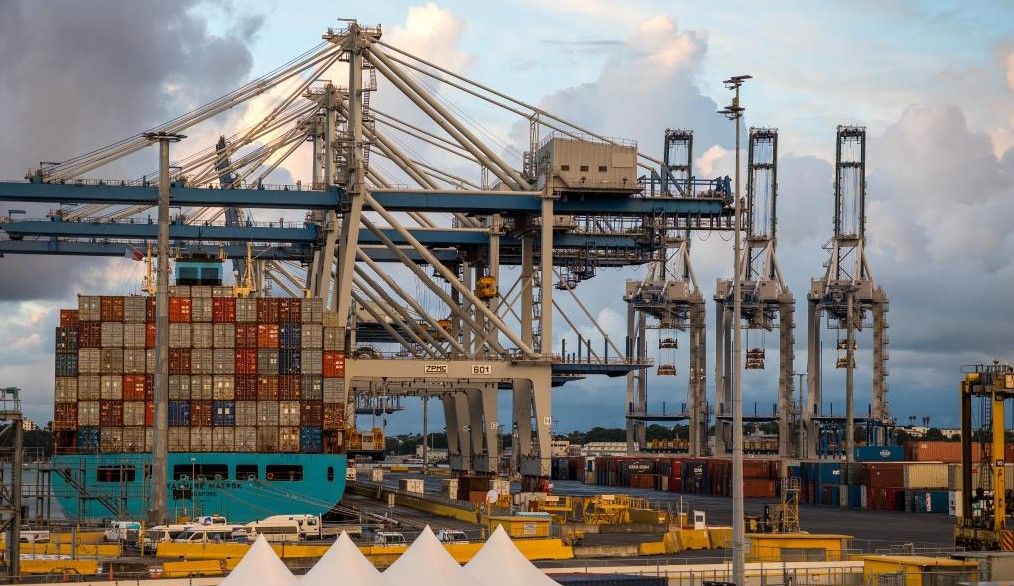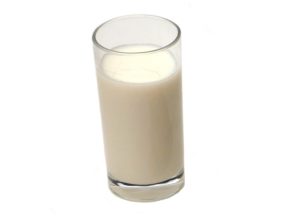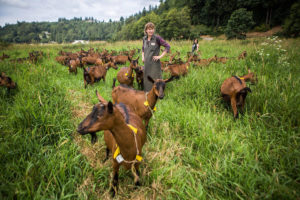Wei Song, CEO of Yashili New Zealand Dairy Co., Ltd, told Xinhua: “China is a big consumer of dairy products and has strong market potential. New Zealand is recognized as a golden milk source and one of the largest dairy exporters in the world.”
“After RCEP came into effect, the certification and customs procedures are simplified and more convenient. The customs clearance time is shortened. It is more conducive to the circulation of goods between China and New Zealand, which greatly reduces the cost of enterprises,” Song said. “On the other hand, consumers can also receive high-quality products faster.”
Song said that the past years witnessed continued revenue growth for the company despite the COVID-19 pandemic disrupting the supply chain severely, raising the input costs and squeezing the margin of most New Zealand exporters.
Dairy export has been playing a crucial role in New Zealand’s economy, especially in the past three years.
According to figures released by Statistics New Zealand, although the overall volume of dairy export kept stable in the past three years, the value of dairy export to China kept rising significantly, from 5.3 billion New Zealand dollars (3.69 billion U.S. dollars) in the year of 2019 to nearly 7.3 billion New Zealand dollars (5.09 billion U.S. dollars) in 2021.
New Zealand Trade and Export Growth Minister Damien O’Connor estimated in an earlier statement that RCEP enforcement plus the upcoming entry into force of an upgraded free trade agreement between the two countries would directly benefit New Zealand’s rural exporters to China, and is expected to result in additional savings of 180 million New Zealand dollars (125 million U.S. dollars) per annum at current export volumes.
Fonterra, the biggest New Zealand company as well as a global dairy giant, also highlighted the advantages of RCEP enforcement.
Justine Arroll, Fonterra general manager of trade strategy, told Xinhua that RCEP and New Zealand-China FTA delivered a high-quality market access outcome for the dairy industry.
In addition, “RCEP contains some useful trade facilitation and transparency measures and a common rulebook for New Zealand exporters in the region. More broadly, RCEP is a positive step forward for trade liberalization in the region, and underscores the commitment of members to regional and multilateral trade rules,” she added.
Fonterra next aims to promote its products by using the power of local social media as the company continued to see firm demand for dairy in the Greater China market, according to its latest interim reports.
“This year marks the 50th anniversary of China-New Zealand diplomatic relations. Over the years, China and New Zealand have had close economic and trade relations. In this context, the implementation of RCEP will bring more possibilities to deepen and expand China-New Zealand relations,” Song said.
The decrease in import tariffs brought about by the entry into force of RCEP will help companies, such as Yashili New Zealand, to reduce the cost of exporting goods, make prices more competitive and drive the dairy industry to increase exports to China, he added.











